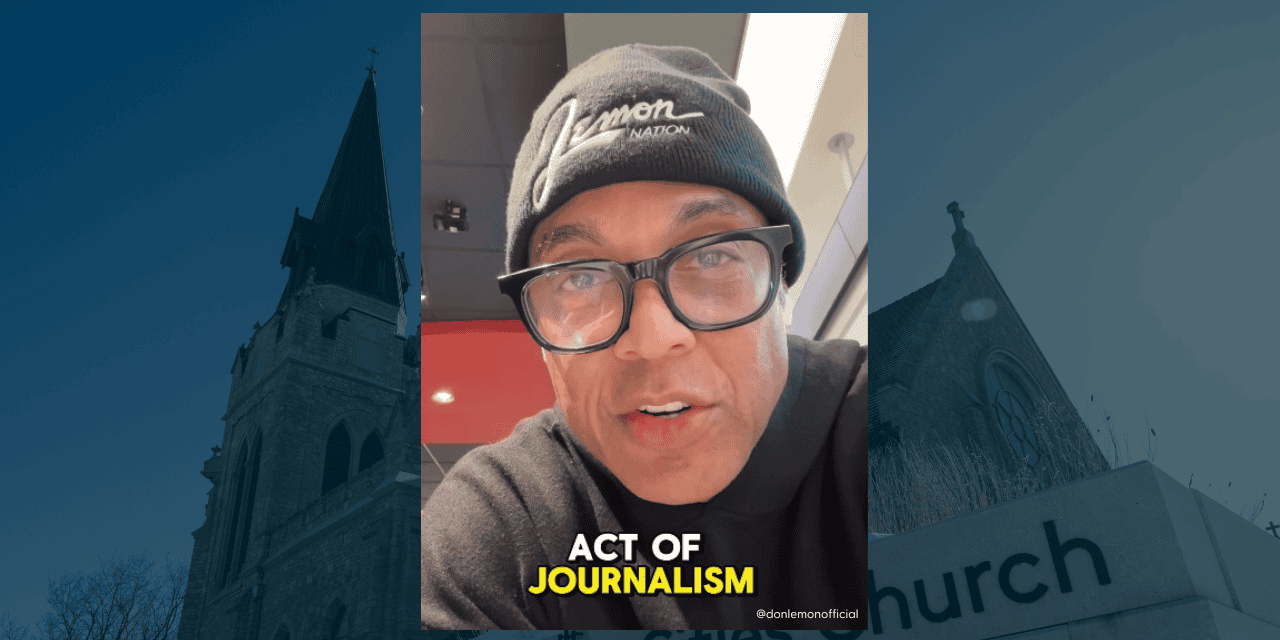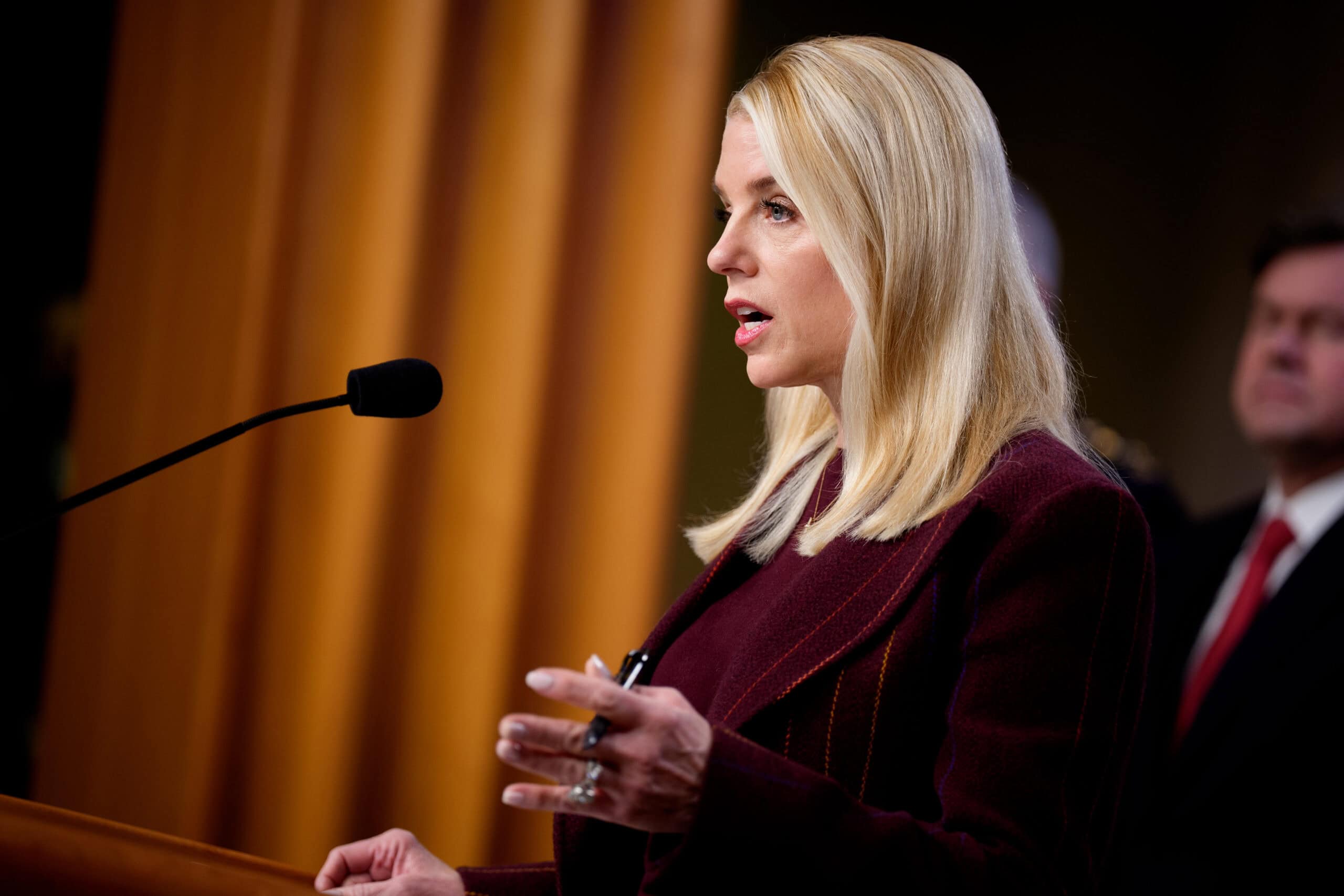College Student Punished for Private, Religious Text Wins Court Settlement

Jack Denton was the Student Senate President at Florida State University in 2020 when he engaged in a private group text conversation with a Catholic student chat group he belonged to. In response to a posting about groups accepting donations related to addressing police brutality, Denton cautioned his fellow Catholics about donating to certain groups, like the American Civil Liberties Union, Black Lives Matter and Reclaim the Block who all, in Denton’s words, “advocate for things that are explicitly anti-Catholic.”
When asked to explain what he meant by others in the group, Denton mentioned those organizations’ support for transgenderism, abortion and defunding the police. When Denton’s private conversation was made public on campus, the reaction was swift and visceral. Within a couple days, the student senate, over which he presided, removed him in a “no-confidence” vote in retaliation for the religious views he expressed in the group chat.
When Denton pointed out to the student senate and the university’s officials that the no-confidence vote violated his First Amendment rights as well as the institution’s own rules, and asked that his appeal be heard as soon as possible, he was stonewalled.
Denton sued the university and the student senate, with the help of attorneys from Alliance Defending Freedom (ADF), and in October 2020 a federal judge agreed with Denton’s claim that his ouster as president was an act of retaliation for the exercise of his First Amendment rights in a private conversation of public importance. The First Amendment applies to state universities since they are government-owned and run. Even the student senate is a creation of Florida’s state statutes, so Federal District Court Judge Allen Winsor had no qualms about applying free speech protections to Denton’s private text chat.
“To state the obvious,” the judge ruled, “expressing one’s religious views, as Denton did, is a constitutionally protected activity. And being removed from a student senate presidency, as Denton was, would chill someone from expressing himself. Last, it is clear from the video of the senate meeting that Denton’s removal was because of his speech. These are the elements of the claim, and Denton has shown a likelihood that he will succeed on this claim.”
The judge issued a preliminary injunction ordering the university to pay Denton for his lost pay, which student senate presidents are entitled to for the hours they work on senate duties. But the judge did not order reinstatement, reasoning that Denton’s ability to lead was compromised by the rancor that existed within the student senate over his views.
However, concurrently with the federal court action, the administrative wheels at the university also began to function in the fall of 2020, and a student supreme court convened to hear Denton’s case, also finding in his favor and ordering his reinstatement as student senate president.
Fast forward to this week, and ADF and Denton have announced a settlement of all disputes with the university. Not only will Denton receive back pay of about $1,000, plus $10,000 for non-monetary damages, but ADF will receive almost $84,000 in attorneys’ fees for the time it has spent on the case.
“Public universities can’t single out and punish students for their religious beliefs,” said ADF Legal Counsel Logan Spena in a press release on ADF’s website. “We are pleased that Florida State has finally affirmed its commitment to students’ First Amendment rights on campus. All students should be able to peacefully share their personal convictions without fear of retaliation.”
Student-run governments on campuses wield a lot of power. They dole out student fees to groups on campus, and oversee a host of student activities, much of which is expressive in nature. On public university campuses, that means that 18 to 22-year-olds are making a lot of decisions that require First Amendment considerations. In Florida State’s case, however, those considerations were brought up and rejected in favor of the current “woke” views of the day.
The good news here is that, eventually, cooler heads prevailed, Jack Denton’s rights were recognized and the wrongs done to him were reversed. But Christians should take heed of this story and those from other college and university cases where the same types of violations occur year in and year out, and only corrected after the lawyers are called in. Vigilance in protecting our First Amendment freedoms is necessary if we are to be allowed to speak biblical truths into the culture without fear of government retribution.
Photo from Shutterstock
ABOUT THE AUTHOR

Bruce Hausknecht, J.D., is an attorney who serves as Focus on the Family’s judicial analyst. He is responsible for research and analysis of legal and judicial issues related to Christians and the institution of the family, including First Amendment freedom of religion and free speech issues, judicial activism, marriage, homosexuality and pro-life matters. He also tracks legislation and laws affecting these issues. Prior to joining Focus in 2004, Hausknecht practiced law for 17 years in construction litigation and as an associate general counsel for a large ministry in Virginia. He was also an associate pastor at a church in Colorado Springs for seven years, primarily in worship music ministry. Hausknecht has provided legal analysis and commentary for top media outlets including CNN, ABC News, NBC News, CBS Radio, The New York Times, the Chicago Tribune, The Washington Post, The Washington Times, the Associated Press, the Los Angeles Times, The Wall Street Journal, the Boston Globe and BBC radio. He’s also a regular contributor to The Daily Citizen. He earned a bachelor’s degree in history from the University of Illinois and his J.D. from Northwestern University School of Law. Hausknecht has been married since 1981 and has three adult children, as well as three adorable grandkids. In his free time, Hausknecht loves getting creative with his camera and capturing stunning photographs of his adopted state of Colorado.
Related Posts

Was Don Lemon a Protestor, a Journalist or a Worshipper in Cities Church Disruption?
February 13, 2026

Pastor Son’s Trial and the Crisis in South Korea
January 22, 2026


